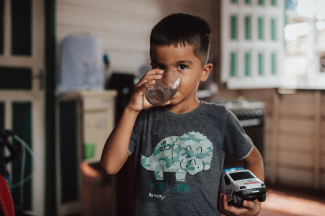
The fact sheets presented below reflect a comprehensive map-out of Brazilian initiatives focused on Water, Sanitation and Hygiene (WASH). The initiatives exemplify the commitment to innovative and inclusive WASH solutions.
The fact sheets are organized into a series of sub-sections, covering factors such as general description, intersectorality, target audience, implementation strategies, financing, and alignment with the Sustainable Development Goals (SDGs).
The WASH theme is essential to protect children's health, reduce inequalities and ensure access to fundamental rights. Investments in safe water, basic sanitation and hygiene practices equals investments in the future, promoting healthier and more resilient communities. In the larger scope of things, such efforts help ensure that every child has the opportunity to grow up with dignity, safety and health.
The initiatives can be filtered as per two overarching categories:
WASH Sector: Drinking water, rainwater drainage, sewage and solid waste management*
Types of Initiative: Governance Strategies, Structuring Initiatives, Structural Initiatives, Normative Instruments**
---------------------
*WASH Sector Categories
Drinking water: Refers to access to safe, treated drinking water to meet basic needs for hydration, hygiene and food preparation.
Rainwater drainage: System that collects and directs rainwater to prevent flooding and erosion, protecting urban and rural areas.
Sewage: Includes the collection, transportation, treatment and proper final disposal of domestic sewage to avoid environmental impacts and risks to public health.
Solid waste management: Set of practices for the proper management of waste, from collection to final disposal, promoting recycling, reuse and safe disposal.
**Categories of Types of Initiatives
Governance strategies: Guidelines and processes that involve institutional and community actors in the integrated and sustainable management of water, sanitation and hygiene services.
Structural actions: Works and physical infrastructure, such as the construction of sewage systems and water reservoirs, which guarantee access to services.
Structuring actions: Initiatives that strengthen local capacities, planning and community organization for the sustainability of services.
Normative instruments: Rules, laws and regulations that guide the implementation and operation of WASH services in an equitable and safe manner.
